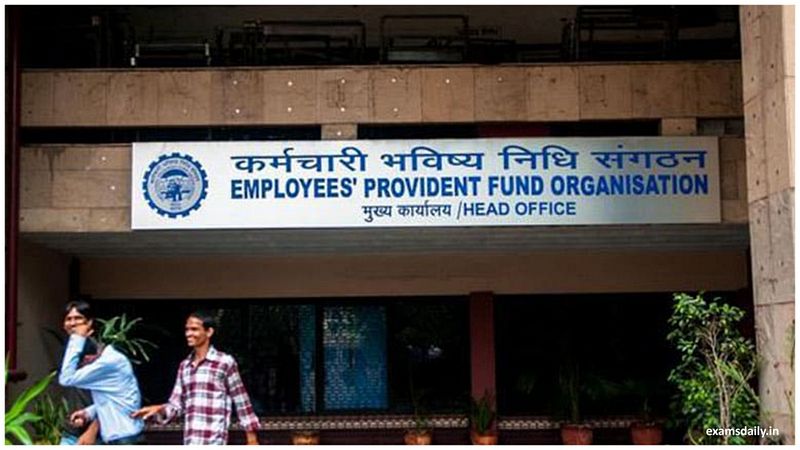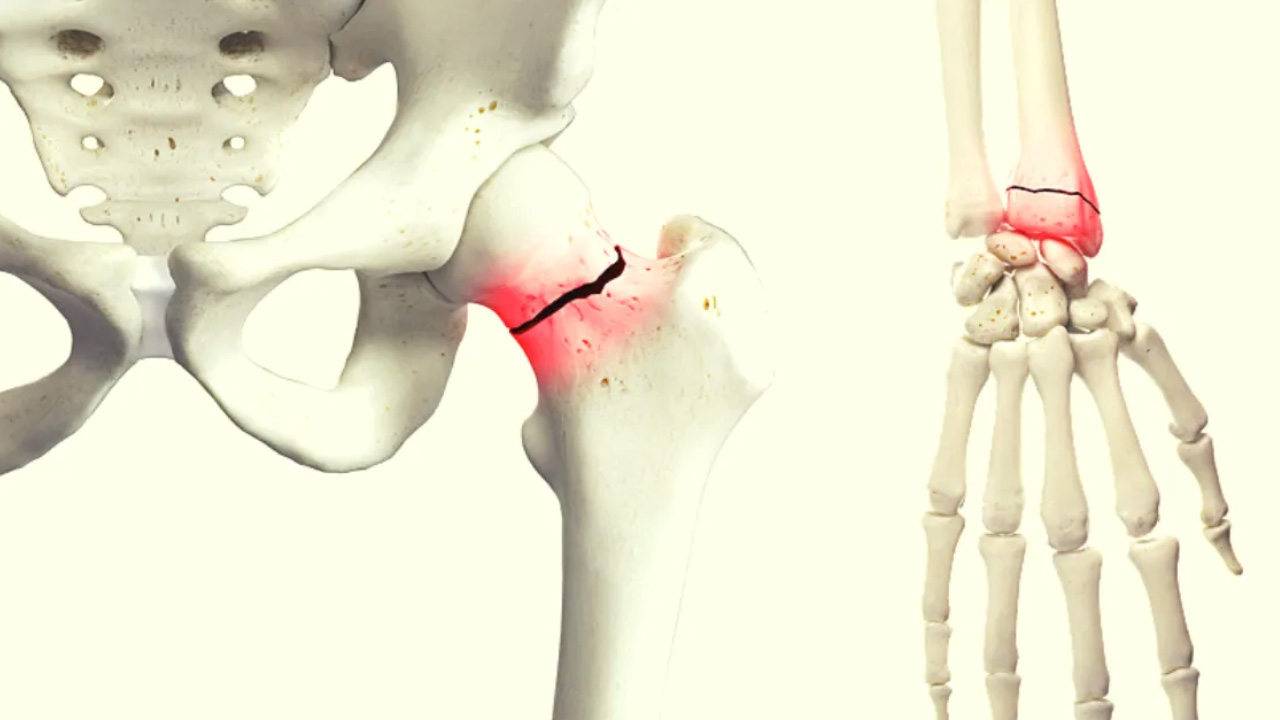The employees of Employees Provident Fund Organization (EPFO) have also come forward to support the Government’s initiative in combating the national crisis of COVID-19 pandemic and voluntarily contributed one day’s salary- amounting to around Rs. 2.5 crore to the PM CARES Fund. EPFO, as one of the World's largest Social Security Organizations, stands committed in the service of the nation in every possible way.
The COVID-19 declared as a pandemic by the World Health Organization has posed serious challenges for the health and economic security of millions of Indians. The government of India has set up a public charitable trust under the name of ‘Prime Minister’s Citizen Assistance and Relief in Emergency Situations Fund’ (PM CARES Fund) with the primary objective of dealing with any kind of emergency or distress situation.
Officers and staff of EPFO are also contributing by putting in extra efforts for providing relief by expeditiously processing EPF withdrawal claims including COVID claims under PMGKY package, etc.
Meanwhile, local administrations at the State, district, and panchayat levels all across the country are continuing to take various initiatives to check the spread of the COVID-19 pandemic. Ministry of Panchayati Raj, Government of India remains in close coordination with State Governments, District authorities and Gram Panchayats to ensure that lockdown conditions are not violated and norms of social distancing are scrupulously followed.
Various initiatives which may be followed by others as examples of best practices are –
Andhra Pradesh:
Andhra Pradesh government has set up a control room for helping stranded people. Andhra people who are stranded in other states can call 0866-2424680 and other states’ people stranded in Andhra can call 1902 and give their details, to get help to go to their places. Similarly, permissions have been given to 1655 industries located in the green zone and they have started operations. Migrant laborers are permitted to go from one green zone to another green zone and work with adequate precautions.
Assam:
About 5 SHGs comprising of 17 members are producing masks in the Tarapur Gram Panchayat of Silchar Block in Cachar District.
Kerala:
40 NSS volunteers are taking turns to work at the District Medical Officer on the Collectorate premises, tracing primary and secondary contacts of all the people who came to the district from other countries and states since the COVID-19 outbreak. The Control Cell monitors those in quarantine, the lorry drivers who have been transporting goods from other states and those who crossed the borders with a special pass. Apart from tracing their travel routes and contact persons, these volunteers double up as helpline service staff, mitigating doubts, confusion, and panic of the callers. The volunteers wear masks and use sanitizers while practicing safety measures at the cell. All of them sanitize themselves and their phones before entering their homes. After the day’s work, they attend classes online to continue their academics.
Telangana:
Telangana State Pollution Control Board (TSPCB) has requested general public, urban local bodies, health care establishments (HCFs) and common bio-medical waste management facilities to follow specific procedure/ guidelines for handling, collection, transportation, treatment and disposal of bio-medical waste generated from Covid-19 patients/suspected persons. They have been told to keep separate color coded bins/ bags/ containers inwards and maintain proper segregation of waste as per BMWM Rules, 2016, and CPCB guidelines. As a precaution, double-layered bags (2 bags) should be used for the collection of waste from Covid-19 isolation wards to ensure adequate strength and no leaks.
Mizoram:
The village residents in Mizoram depend largely on farming activities and other labour work. The current situation has led to a decline in daily livelihood and income. The local bodies have taken the lead in providing sustenance through equitable free distribution of basic nutritional requirements such as rice, dal, potatoes, etc., besides regular ration provided by the government free of cost. The local bodies have also permitted the villagers to work on their farmlands with an instruction to maintain social distancing under certain conditions. Also, the local bodies made necessary arrangements for collecting, purchasing, and selling of the farm produce to the state capital.

 Local administrations in all parts of the country continue taking initiatives to help the public during the situation arising from COVID-19
Local administrations in all parts of the country continue taking initiatives to help the public during the situation arising from COVID-19



















.jpeg)

.jpeg)










.jpg)




.jpg)

